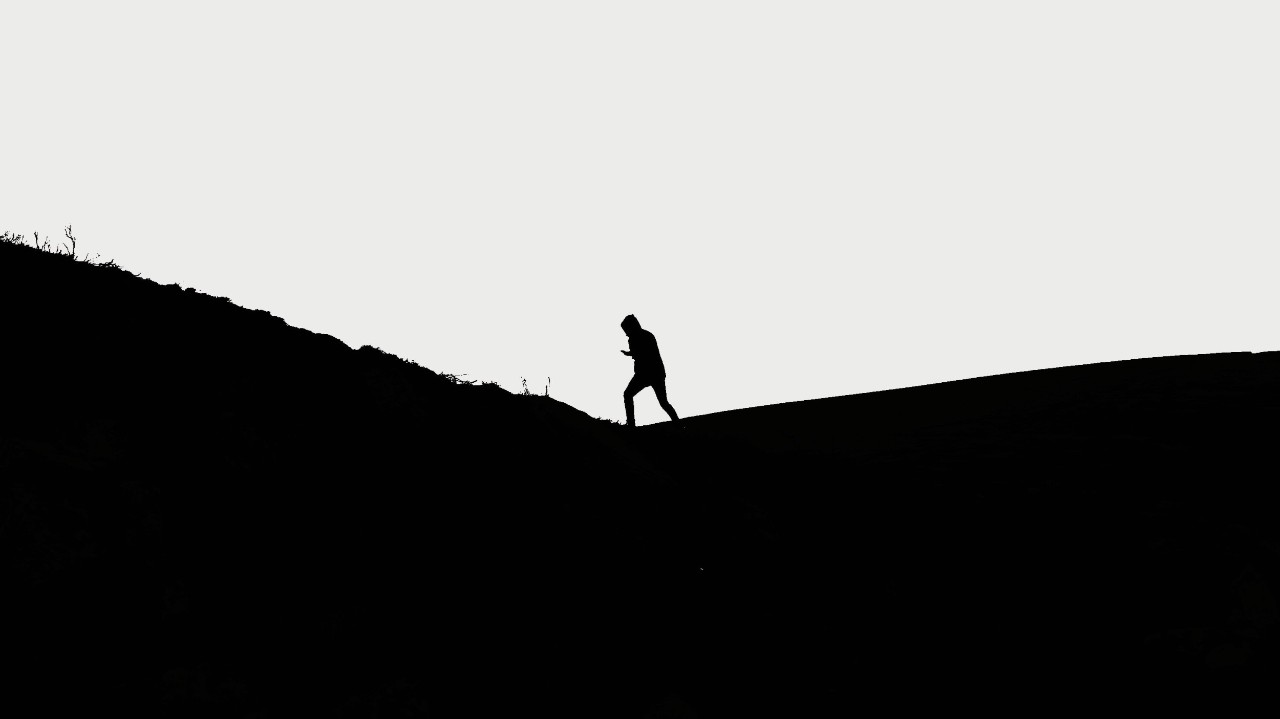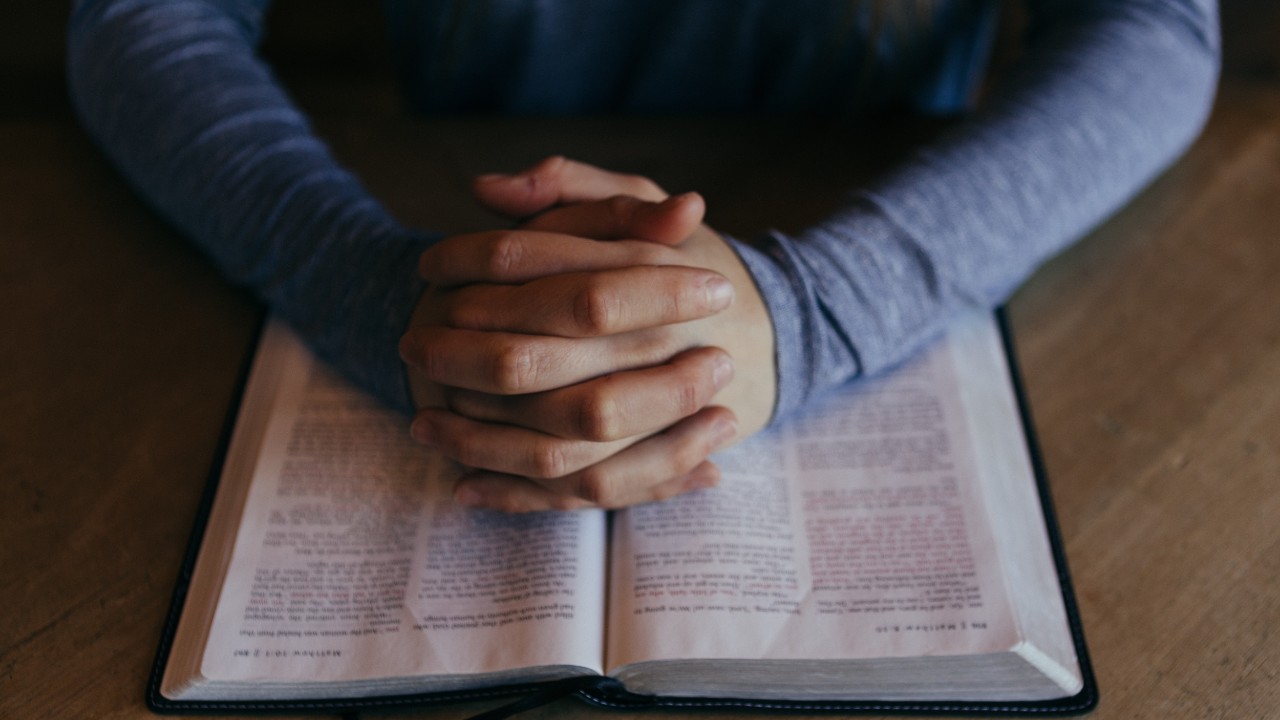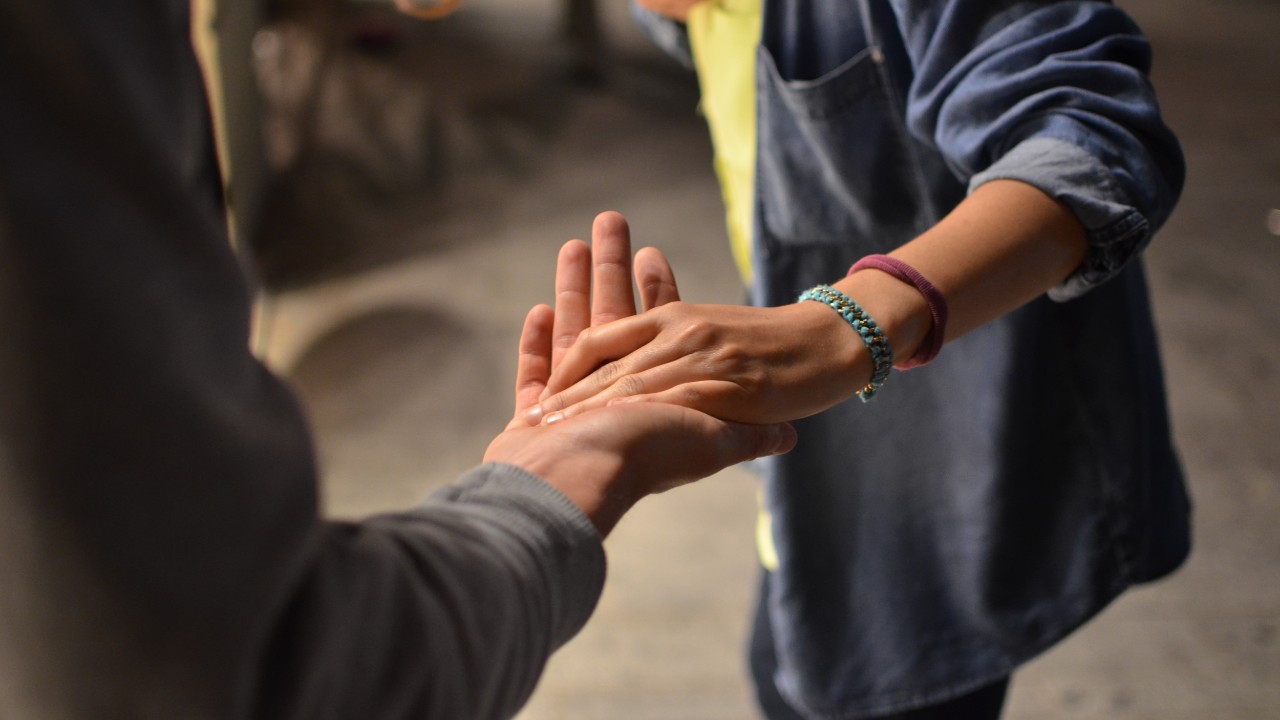
I was writing my thesis midway when I suddenly didn’t know what my whole paper was about – nothing made sense and I just blanked out.
I was so tense, I couldn’t even relax enough to watch TV. Every time I tried to read something academic, I couldn’t understand anything. I felt like I was going crazy.
That whole week, I tried everything—tried to sleep more, run more, but I still couldn’t relax or understand anything I read. Nothing worked, and it was really scary, so the next week, I went to see a general practitioner (GP) who referred me to a psychologist.

I was diagnosed with anxiety.
The psychologist explained that it was exacerbated because of the impending thesis submission deadline, coupled with the high expectations I had of myself and those I felt others (e.g. my professor, which were not true) had of me. She suggested that I email my professor to let her know about my condition, and then proceeded to teach me some stress-relieving exercises.
Her advice though, did not satisfy me. I remember leaving the clinic still feeling quite unsettled.
An uphill climb
Waking up took a lot out of me and I never knew what the day would be like, I had to just try. Sometimes it felt like I had completely no emotions, but there were also moments I would break down.
I noticed that my body would start heating up when I thought too hard—I’d literally feel hot and have to take a break. There was also a lot of self-doubt, and I’d wonder if I could finish my thesis, or graduate in time.
I decided to tell my supervising professor because I needed more time for my thesis. I’m so thankful for her understanding and flexibility, because she suggested getting an extension with the psychologist’s letter.

My professor advised me not to be caught up about what I’m writing, but to just write for 15 minutes daily even if it didn’t make sense. She even offered to meet up with me after to talk through it.
She was also the one who told me about the in-school counsellor whom I could meet. I agreed as I felt that it would be good to have some support during this period of struggle.
Meeting the counsellor made me realise that even though I have never thought of myself as a perfectionist, I was one. Even though I only needed to secure a pass for my thesis to graduate, I was extremely hard on myself, and found it challenging to just let go.
It was tough because I was that kind of student who had to maximise every hour. Yet the moment I felt a little better, I instantly thought about all the things I needed to do to make up for lost time. And just like an automatic light switch, my brain would shut off in response to the stress and I would not be able to think properly again.
It made the recovery a constant battle.

Learning to wrestle with God
I wanted an instant solution, but God was not giving that to me—I had to go through this long process.
It was hard for me especially because I’d always considered myself to be able to connect well with people and with God. But during that time, I couldn’t even hold a regular conversation, couldn’t pray, couldn’t read the bible.
I just felt so confused about what was happening. I was also troubled that I was “losing my faith.”
Turning points
One day while in church, all the worship songs felt like they were for me, ‘God is able’, ‘God will get you thru this’, but I couldn't connect with all that was sung. I remember standing there, feeling numb, and just not knowing what to expect for the days ahead. But the preacher started speaking and he spoke about how God doesn't waste suffering, and interestingly, something stirred within me, and I felt a glimmer of hope.

I was sitting alone after the service when a friend, one of the youth leaders, sat next to me and asked how I was. “Same lor”, was my reply. She hugged me, and I just started crying but I didn't know why.
We went to a quieter place to pray, and I told her that I just felt confused. Where is God leading me in this season? I couldn't see where things were going, couldn't see the light at the end of the tunnel. Then she asked this question,
“Is your hope rooted on whether God will deliver you from this situation, or are you going to hope in God regardless of what happens?”
I was stunned. It was the first time I had to examine my heart— would I only continue to believe if He delivered me?
That moment led to a huge change in my perspective—even if I didn't know what the outcome would look like, I know that I will still want to trust Him.

Importance of self-reflection and compassion
With God’s grace, I did complete my thesis and graduate. But the journey towards mental wholeness did not end there.
As I continued to grow in self-knowledge through counselling (thanks to Ms Pamela Koh, Cru Singapore’s in-house counsellor), the continual discovery of new paradigms of living was pivotal in getting me back on my feet.
To counter my perfectionist tendencies, I learnt to be self-compassionate—being kinder to myself, giving myself space to rest, make mistakes and figure things out. My self-worth used to be defined by my work and ministry. Today, I’m slowly unlearning this false belief.
I’m now speaking kinder to myself, embracing that I was still going through a recovery process.
Managing this in the present
Right now, I’ve come to a place where I’m able to manage anxiety on my own. God has been so gracious to help me through this.
I’m working fulltime as a teacher now, and of course there are moments I still feel anxious or overwhelmed. But I’m able to use what I’ve learnt to help me through. I’m now mindful to pace myself and practice self-care.
In my mental health journey, I’ve learnt that it is very important to keep struggling with Him and voice out how I am feeling.

Today, if you’re also journeying out of anxiety, don’t deny the struggle. If you process by journaling, go ahead and journal. If it helps for you to process verbally, talk to someone. Looking for channels to express what you are feeling and thinking would help you move towards recovery.
Remember: you are not alone, no matter how much you think so or feel so. God is always near and help is at hand.
*Not her real name.
©1972-2025 Cru Singapore. All Rights Reserved.